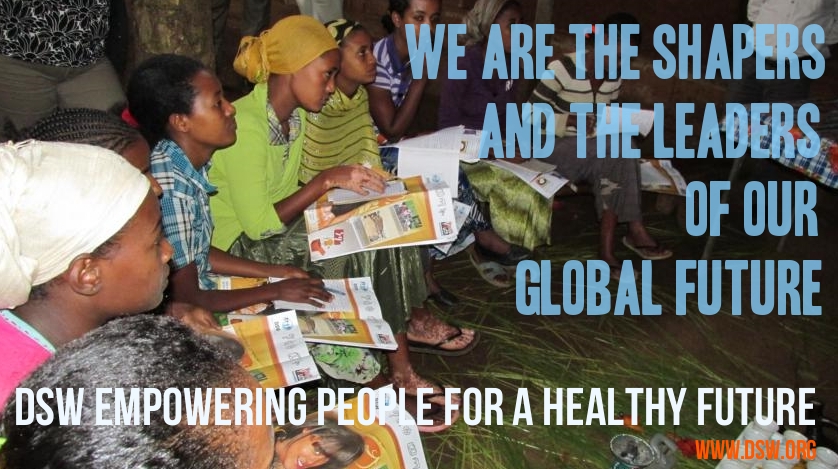
As the (proud!) father of a nine-year old living in Germany, I find it impossible to imagine a situation where I would block his attendance from school, expose him to violence, pressure him into finding a job to support us, or even force him into marriage. His entire world at the moment consists of juggling homework with his love for video games, comics, and chicken nuggets. He is happy and content. Exactly what every child should be at his age.
Yet, every day in countries of poverty, children as young as ten years old are denied their right to be just that – children. Girls especially bear the brunt of this disadvantage. It is traumatic to imagine a ten year old girl being treated as property and married off to a man many years her senior. Worse still, is to imagine a child of this age expected to bear children! Unfortunately however, it happens, and all too frequently. In fact it has been estimated that 47,700 girls are married off before they turn 18 – every single day!
According to UNFPA’s latest State of the World Population Report, over 60 million girls are systematically disadvantaged at the global level as they move through adolescence into adulthood. Denying a girls basic right to choose their own path in life not only negatively affects them, but also the potential and prosperity of their family, community, and country. In other words, children are not commodities. They are young people that need to be nourished. They are the leaders and thinkers of tomorrow. They are our global future.
This is especially true for the success of the UN Sustainable Development Goals. This 2030 Agenda and its 17 goals can only be properly and fully realized if countries act now and stand up for the rights of young girls. If we are to achieve a better and more equitable world, no one can be left behind. We have 15 years now to turn this around and create the future we want, and need, to have.
But we need to start making the changes now.
- We need effective and sustainable policies that promote girls education in and beyond primary school. Girls who remain in education are less likely to become pregnant and get married at an early age.
- We need governments to promote youth friendly reproductive health and rights information, services, and education for all adolescents.
- We need gender transformative programmes that challenge pre-conceived gender roles and harmful cultural practices. The inclusion of boys and men is essential for this.
- We need to include the voices of girls and women in the creation and implementation of policies that impact them.
- We need champions that will advocate for policies that strengthen health systems that secure access to health services for all women and girls.
We have a lot of work ahead of us if we want to achieve these across the board. But it’s not impossible, we can actually do it. We just need to keep pushing. Let’s do it together!
